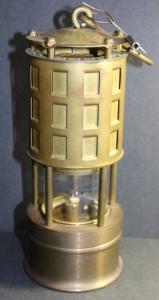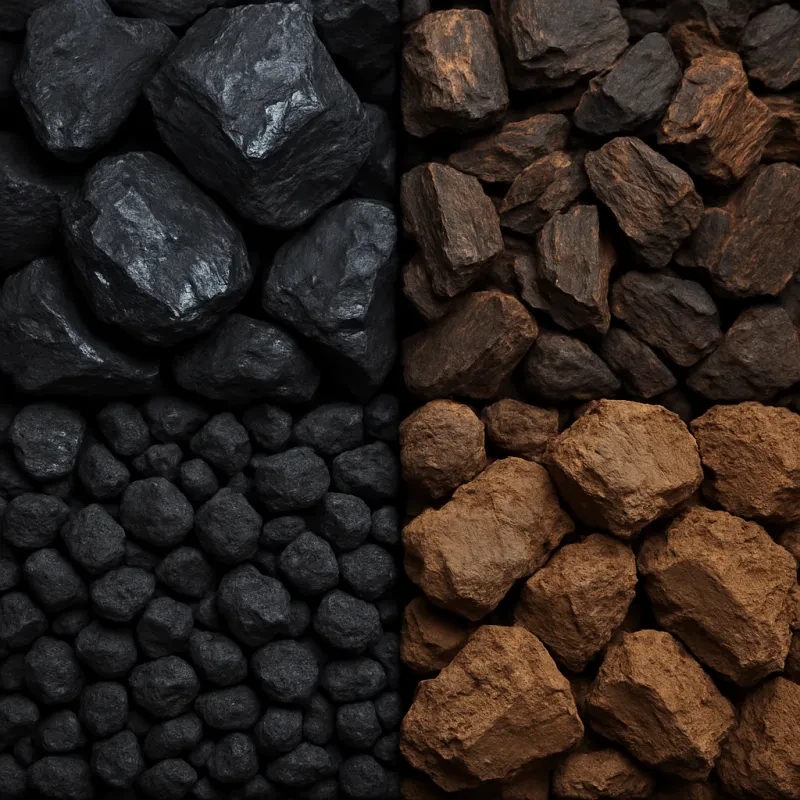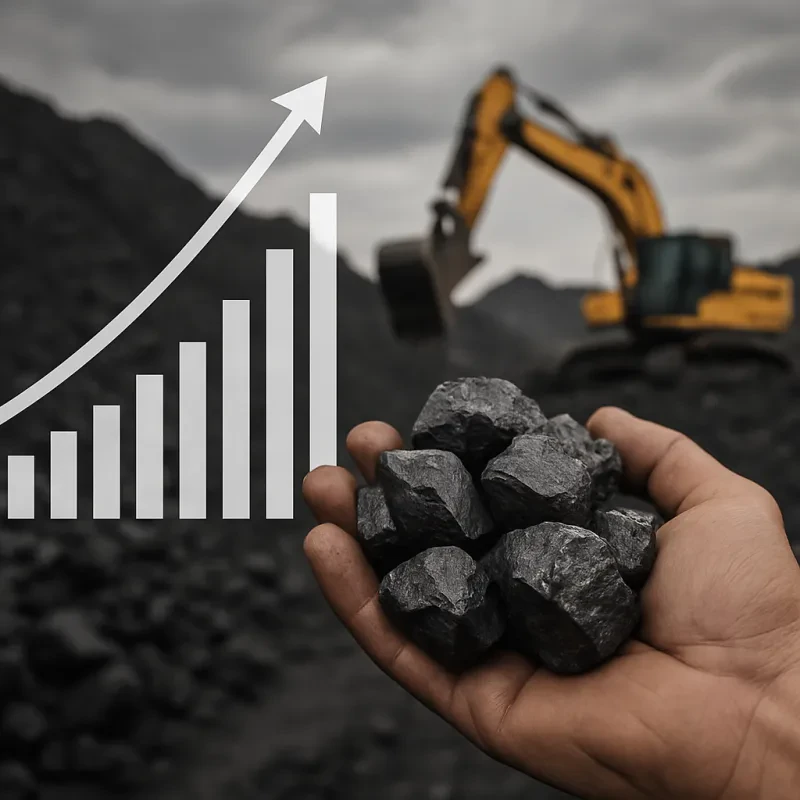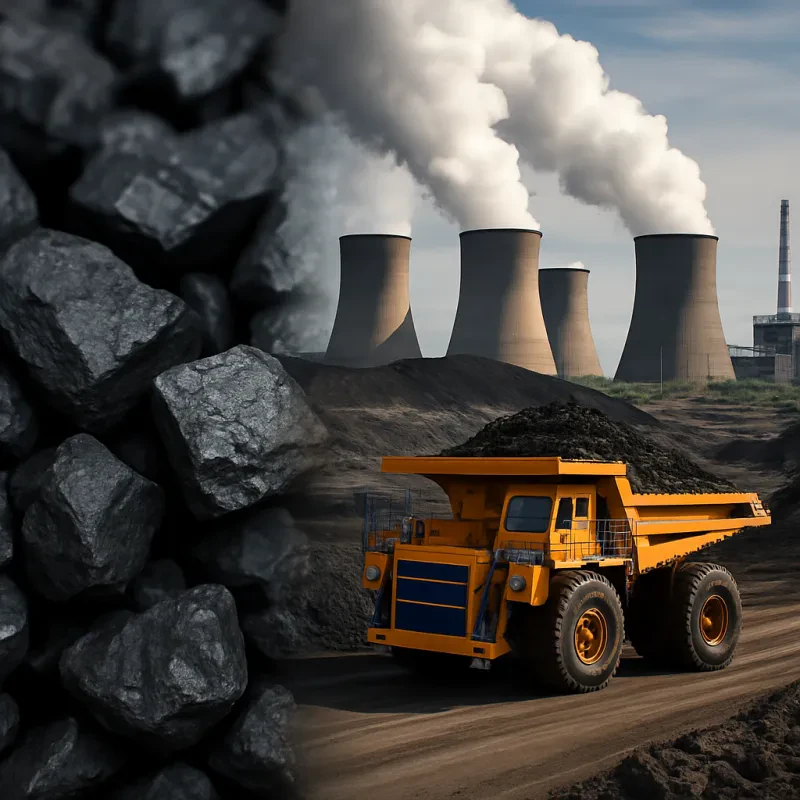Soft coal, often referred to as bituminous coal, is a type of coal that has a higher carbon content than lignite but lower than anthracite. It forms from the remains of ancient plant materials that have been subjected to heat and pressure over millions of years. This unique combination gives soft coal its distinctive properties, making it a popular choice for various applications.
One of the standout features of soft coal is its versatility. It is commonly used for electricity generation and is a primary fuel source for many power plants. When burned, soft coal produces a significant amount of energy, which is essential in meeting the growing demand for electricity in homes and industries.
In addition to energy production, soft coal is widely used in the steel industry. Its high carbon content makes it an excellent choice for coking, a process that converts soft coal into coke. This coke is then used in blast furnaces to extract iron from ore, which plays a key role in steel manufacturing.
Despite its benefits, soft coal does have some downsides. It tends to release more carbon dioxide and other pollutants compared to cleaner energy sources like natural gas or renewables. This is why many regions are exploring cleaner alternatives. However, it remains an important resource for various sectors, especially where energy needs are high.
Key Benefits of Soft Coal
Soft coal, also known as bituminous coal, comes with several benefits that make it a popular choice for various uses. One of the top advantages is its high energy content. When burned, soft coal produces a significant amount of heat, making it an efficient fuel source for electricity generation and industrial processes.
Another great thing about soft coal is its availability. It’s one of the most abundant types of coal out there, especially in regions like the Appalachian Mountains and Illinois Basin. This means it’s generally easier to find and often more affordable than other energy sources.
Soft coal is also versatile. It can be used not only for power generation but also in the production of steel and cement. The ability to serve multiple industries makes it a valuable resource. Plus, with ongoing advancements in technology, methods for burning soft coal are improving, leading to cleaner and more efficient energy production.
Additionally, soft coal is an important part of the energy mix for many countries. It helps ensure a stable energy supply, especially when renewable sources aren’t sufficient to meet demand. This reliability makes it a key player in the energy sector, providing the stability needed for economic growth.
Common Uses of Soft Coal
Soft coal, often known as bituminous coal, is quite versatile and finds its way into many different applications. One of its primary uses is in electricity generation. Many power plants rely on soft coal because it burns efficiently and produces a good amount of energy. This makes it a popular choice for generating the electricity that powers our homes and businesses.
Another common use of soft coal is in the steel-making process. It's a key ingredient in producing coke, which is essential for creating steel. The high carbon content in soft coal helps in the smelting process, transforming iron ore into steel. So, whenever you see a construction site or a new building going up, soft coal is likely playing a behind-the-scenes role in the materials used!
Soft coal is also used in various industrial applications. For instance, it can be found in the production of paper, cement, and even activated carbon. These industries benefit from soft coal’s ability to provide the heat needed for their processes. Plus, its availability at a reasonable cost makes soft coal an attractive option for manufacturers.
On a smaller scale, many people still use soft coal for home heating. It can be burned in stoves and fireplaces, providing a warm and cozy atmosphere during chilly nights. Its heat output is often appreciated, making it a practical choice for those who want a traditional heating method.
Choosing the Right Soft Coal
When you're looking for soft coal, consider the following factors:
Also, think about what you'll be using the soft coal for. Different applications may require different types or grades of coal. For instance, if you need it primarily for heating your home, you'll want a coal that provides consistent warmth over a longer period. On the other hand, if you plan on using it for industrial purposes, you might require a different specification altogether.
Lastly, don’t hesitate to ask questions! Reach out to suppliers or fellow users to gain insights based on their experiences. This can guide you to making a choice that fits your needs perfectly.







